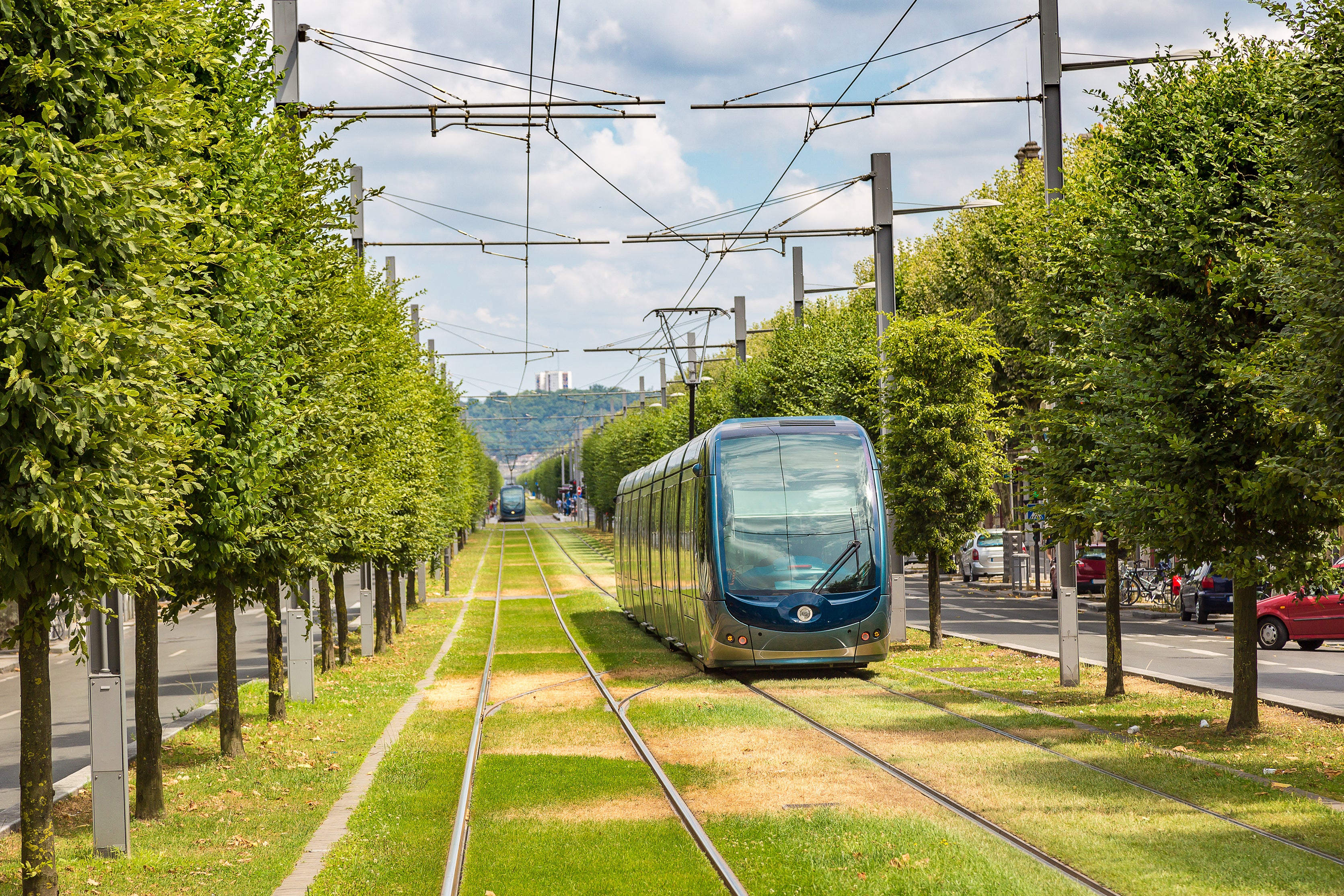If you want to fix public transport in the UK, give local areas real power
Lower fares and proper investment will come naturally if cities and regions control their own destiny, argues Jon Stone


A new report by the Clean Cities Campaign shows that public transport is more expensive in the UK’s biggest cities than in other major metropolises around Europe.
The methodology is robust – instead of just comparing arbitrary ticket prices, researchers looked at how much a monthly pass for all public transport would cost. They then compared this to local incomes and ranked the cities.
London, Manchester, and Birmingham ranked at the bottom of all 36 major cities examined – well behind neighbours such as Paris, Brussels, Amsterdam and Copenhagen.
Affordability isn't the only area where British cities lag far behind their European neighbours.
Top of the to-do list should be investment to make sure that cities that are currently underserved by rapid transit – basically everywhere except London – get a proper system.
Leeds now has the shame of being the largest urban area in Europe without a metro or tram system: any other country would have built one a century ago.
The government last year promised to investigate options for the city, but after decades of broken promises from tramways to trollybuses nobody who has been following the saga really believes them.
Leeds was due to get a modern tram system nearly 20 years ago, but the plan was cancelled by then chancellor Alastair Darling in 2005 because of cost overruns.
Contrast the UK’s approach with that of France, which since 2005 has opened 16 tram systems from Avignon to Angers. Investment in that time in Britain has been pitiful.
Affordable, comprehensive public transport systems that get people where they need to go, more cheaply and faster than a car should be the goal.
That will help reduce emissions by switching people out cars, and also make it possible to reduce traffic in towns and cities. Other benefits include freeing people of the need to own a car if they don’t want one – saving them money.
Why has Britain fallen so far behind? It probably has a lot to do with how it is governed. France is widely seen as quite a centralised country, but in comparison to the Britain of 2022 it actually has strong regional and local government.
Many of these tram systems were funded jointly by regions and central government, but in the UK cities have to catch the attention of the chancellor and encourage him to open his wallet.
Across Europe the pattern is the same: regional and local government gets local public transport projects done – especially where it can raise its own cash.
Fixing urban public transport in the UK means fixing local government and devolving it proper powers to fund and build its own infrastructure, and then to subsidise services as cities think is appropriate. Until that happens, Britain will lag behind.
Join our commenting forum
Join thought-provoking conversations, follow other Independent readers and see their replies
Comments
Bookmark popover
Removed from bookmarks